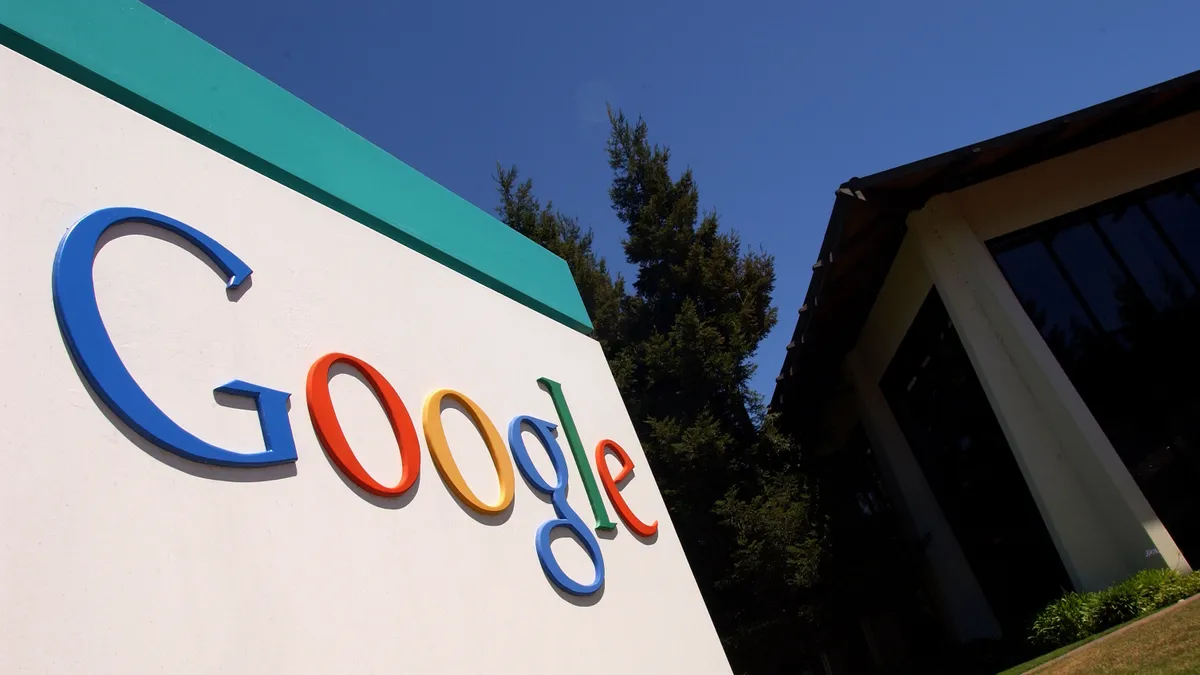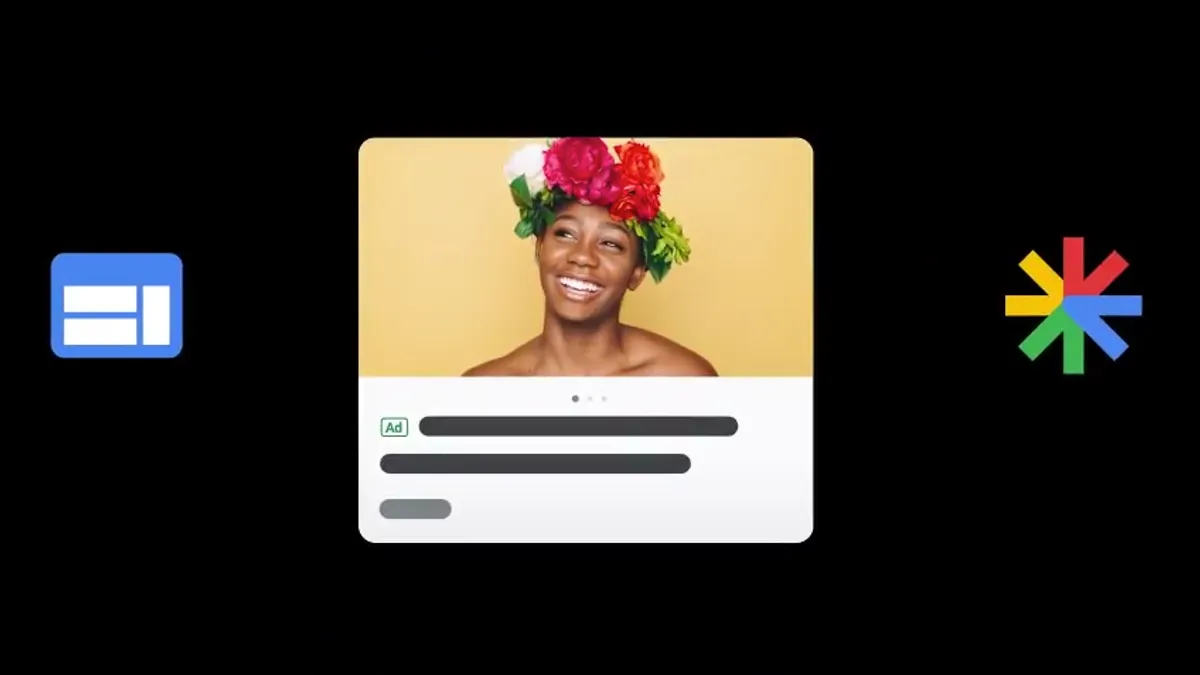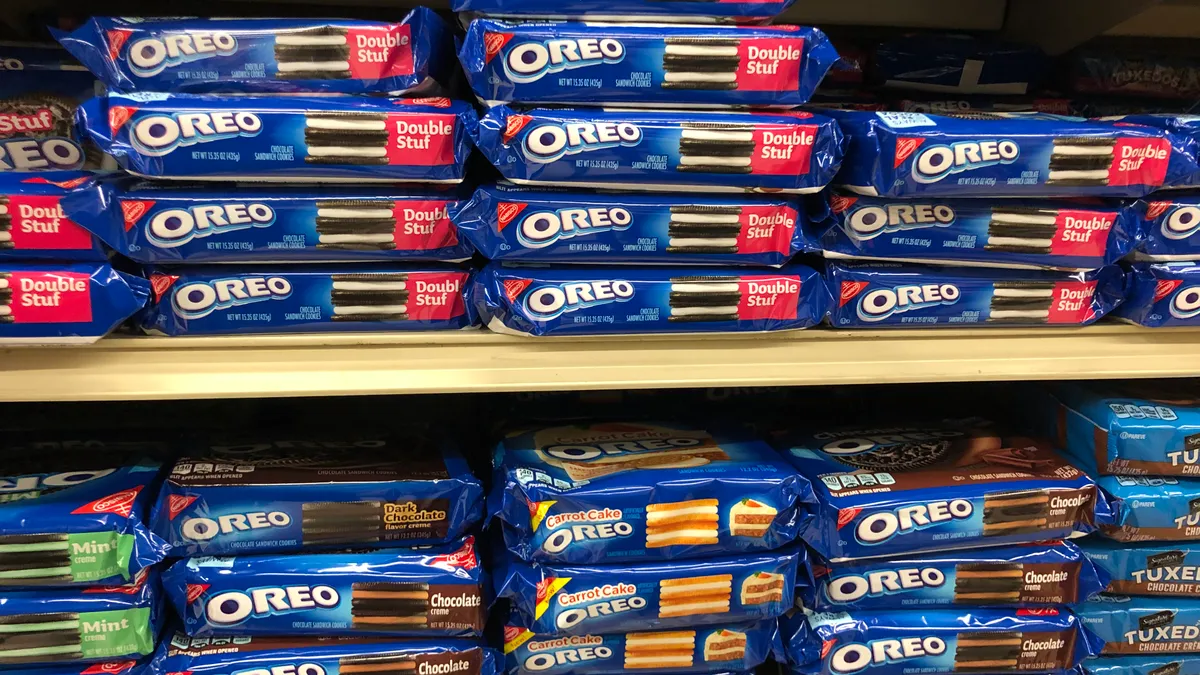Dive Brief:
- Google will now phase out third-party cookies in 2023, per a company blog post. Previously, the tech giant said it would end support for third-party cookies before 2022.
- Google plans to have new privacy technologies deployed by late next year. After testing is complete, publishers and the ad industry will have time to migrate their services over a nine-month period that will begin in late 2022, before a three-month cookie phaseout set to finish in late 2023.
- The delay in the deprecation of third-party cookies gives the ad industry more time to develop alternatives for targeting and tracking consumers and comes amid renewed regulatory and antitrust interest in Google's advertising business in the U.S. and European Union.
Dive Insight:
Google delaying its deprecation of third-party cookies should offer some relief to the ad industry that was fast approaching the original deadline to phase out a crucial underpinning of digital marketing. Whatever the timeline, the loss of third-party cookies is likely to deal a serious blow to ad tracking and consumer targeting efforts if alternative mechanisms are not in place and widely adopted in time. Google has been ramping up its Privacy Sandbox proposals as alternatives, but the ad industry has pushed back against these as inefficient replacements and has been stymied by radio silence from the tech giant on the issue.
"While there's considerable progress with [the Privacy Sandbox], it's become clear that more time is needed across the ecosystem to get this right," Vinay Goel, privacy engineering director for Chrome, said in the blog post.
Google said it plans to continue working with developers on boosting privacy in several areas, including ad measurement, delivering relevant ads and content, and fraud detection, while balancing its privacy goals with the needs of various industry stakeholders and regulators, per the blog post.
The company also restated its commitment to ensuring third-party cookies are not replaced with alternative forms of individual tracking or "covert approaches" like fingerprinting. It is unclear how this latest development will affect third-party cookie alternatives that have continued to gain steam over the past year, including The Trade Desk's Unified ID 2.0 and Lotame's Panorama ID, but the longer timeline for Google to develop its own alternatives could undermine these efforts.
The decision to kick the third-party cookie deprecation can down the road comes as Google faces increased regulatory and antitrust attention in both the U.S. and EU. The latter's European Commission opened a new investigation into Google on Tuesday to assess whether the company's ad tech policies violate antitrust laws. Similarly, a U.S. House committee approved legislation that would prevent tech giants, including Google and competitor Facebook, from favoring their own products on their platforms.
The antitrust spotlight likely makes it more difficult for Google to undermine the independent ad tech industry with its privacy plans as it simultaneously pushes back on claims that it is anticompetitive. Critics have claimed the deprecation of cookies would help Google's mammoth ad business, since the company will still be able to offer advertisers more granular targeting on YouTube and other owned properties.
Ultimately, Google's delay ensures that questions around how to address privacy and tracking in digital marketing will continue over the next couple years. Getting it right is imperative as digital marketing's importance continues to grow, but the longer timeline is also likely to complicate things for marketers.
















